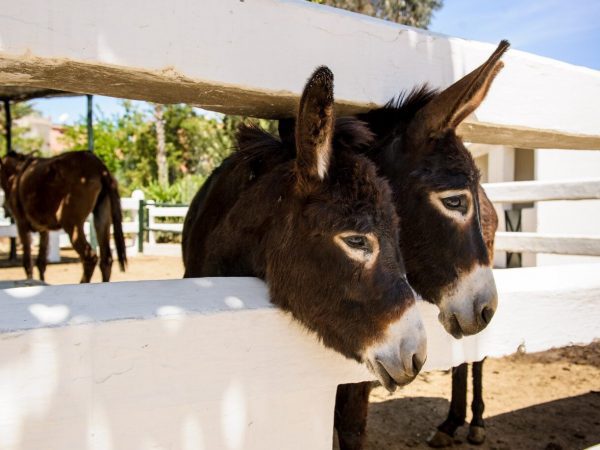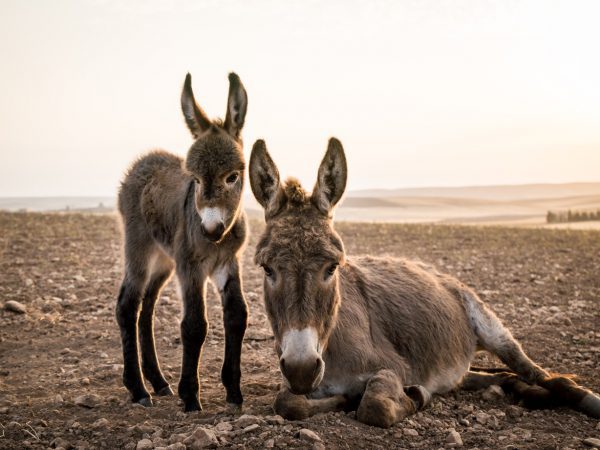You may also be interested in
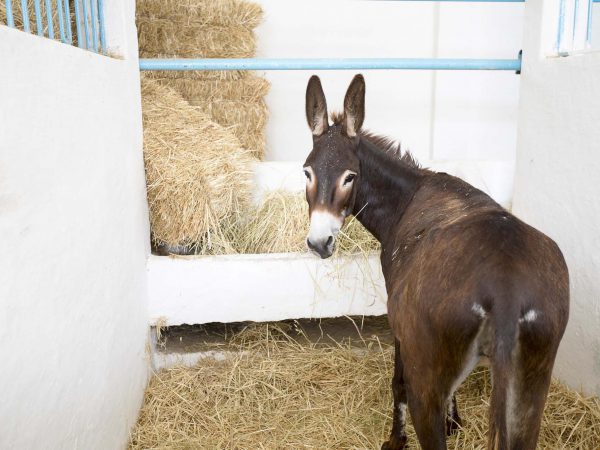
What do donkeys eat?
What do donkeys eat? Discover what the best food is to feed donkeys.
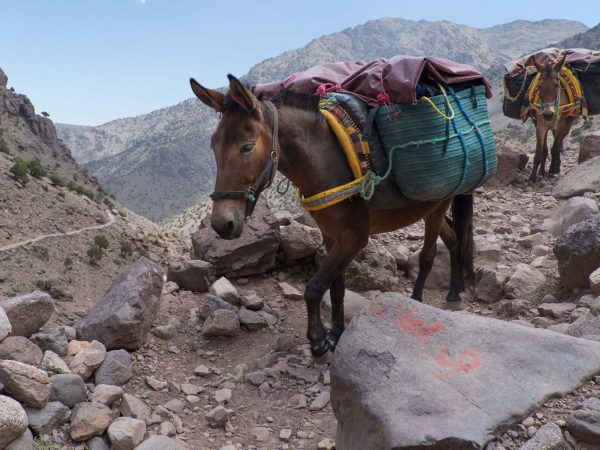
What is a mule? 13 things you didn’t know
Learn about the difference between a donkey and a mule and whether mules can reproduce.
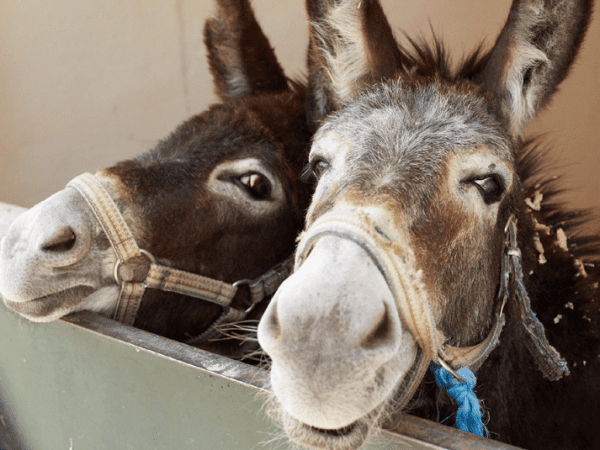
Sponsor a stable
Our stables are a lifeline for thousands of donkeys, horses and mules. Sponsor a stable and provide a haven for sick and injured working animals.

What is a mule? 13 things you didn’t know
Learn about the difference between a donkey and a mule and whether mules can reproduce.

Sponsor a stable
Our stables are a lifeline for thousands of donkeys, horses and mules. Sponsor a stable and provide a haven for sick and injured working animals.

